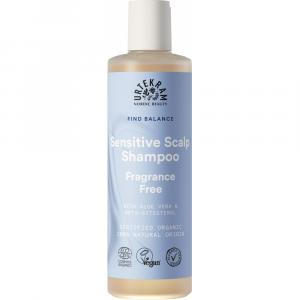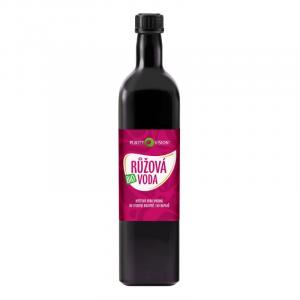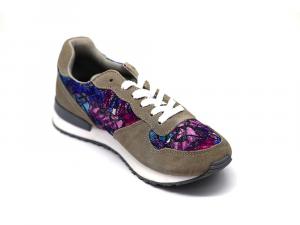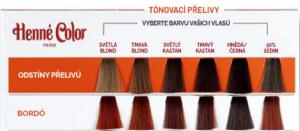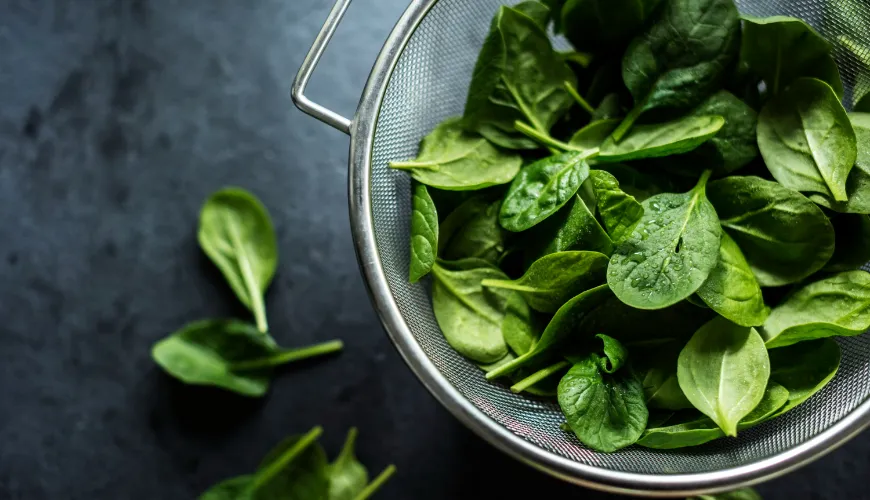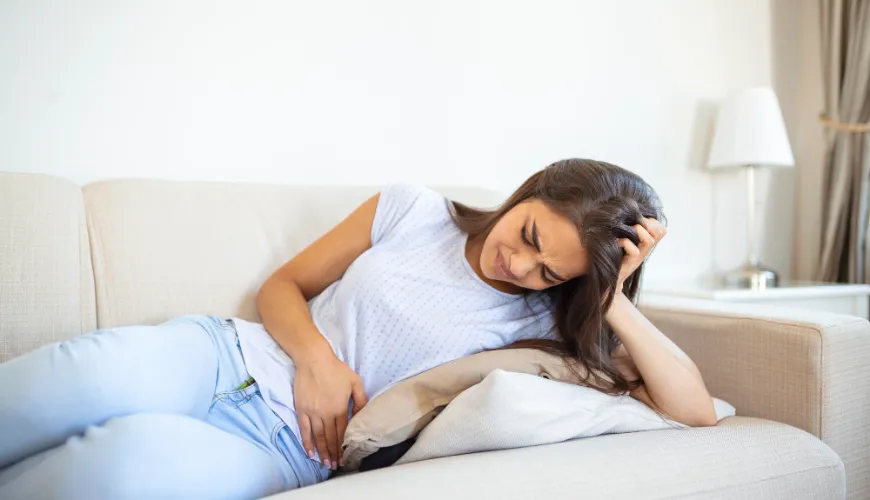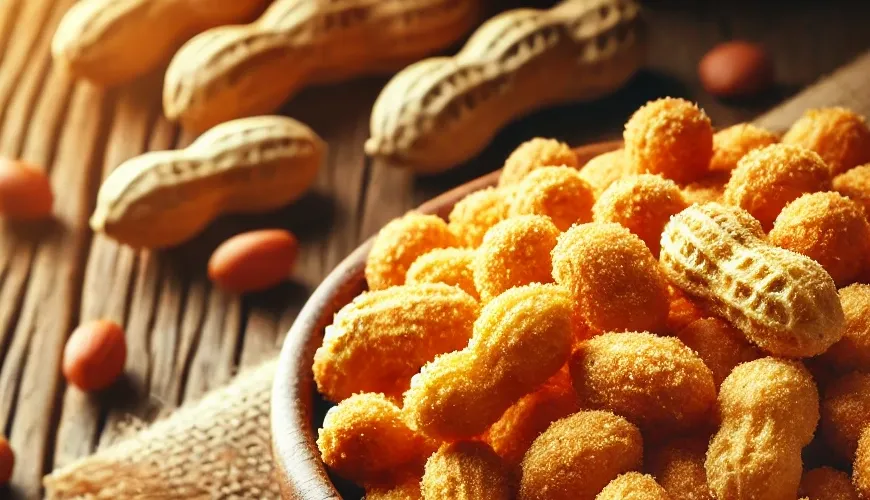
How to Find the Best Medicine for Varicose Veins and Live Healthier
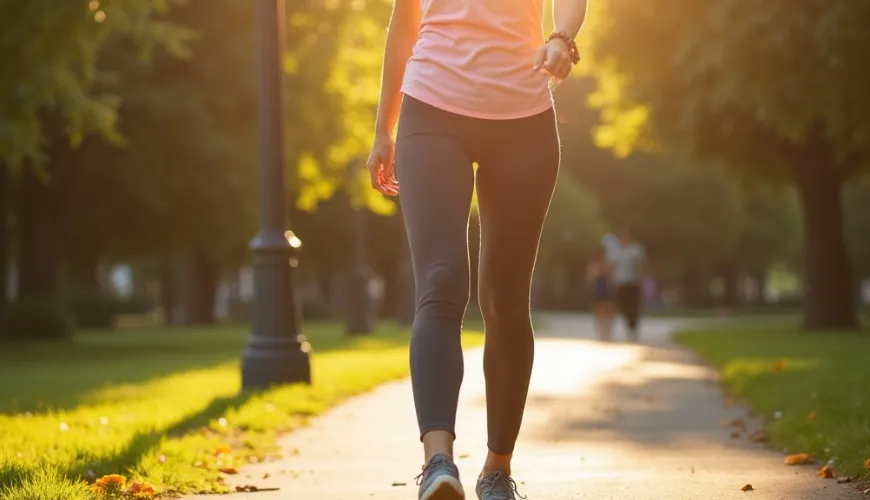
The Best Help for Varicose Veins - When Nature and Lifestyle Work Together
Varicose veins – an inconvenience that can be not only an aesthetic flaw but also a painful and restrictive health problem. They affect up to half of the adult population, more commonly affecting women than men. Many ask: Is there really a best cure for varicose veins? Or is the key to relief more about a holistic approach to health and lifestyle changes? The answer may surprise you – truly effective help often combines natural solutions, daily habits, and modern medicine.
What Actually Happens in the Veins?
Varicose veins (varices) occur when the venous valves lose their ability to effectively direct blood back toward the heart. Blood then pools in the legs, creating pressure and stretching the vein walls. The result is protruding, twisted veins known as varices. It's not just a cosmetic issue – untreated varicose veins can lead to inflammation, swelling, eczema, or even leg ulcers over time.
Genetics is a key factor, but overweight, lack of exercise, prolonged standing or sitting, pregnancy, or hormonal changes also play significant roles. This is why many people seek the most effective natural remedy for varicose veins that would not burden the body with chemicals while providing relief.
What Really Helps? Nature, Movement, and Prevention
There is a wide range of products on the market – from ointments and gels to dietary supplements and compression stockings. But none of these options are a universal solution. Most experts agree that the best treatment for varicose veins combines several approaches at once. So how to go about it?
1. Herbal Remedies and Natural Helpers
The most popular natural ingredients used to support vein health include:
- Horse Chestnut (aesculus hippocastanum) – contains aescin, a substance that reduces swelling, strengthens vein walls, and supports circulation. Scientific studies confirm its effectiveness, whether in gel or capsule form.
- Grape Vine (leaves and seeds) – antioxidants found in red grape leaf extract help reduce inflammation and strengthen vessels.
- Arnica – known for its anti-inflammatory properties, often added to ointments for tired legs.
- Gotu Kola (centella asiatica) – improves vessel elasticity and supports collagen synthesis.
Many of these ingredients can be found in natural cosmetic products on e-shops specializing in ecology and a healthy lifestyle, such as Ferwer. Particularly sought after are vegan ointments without synthetic fragrances and dyes, which combine the effects of multiple herbs into one product.
Try our natural products
2. Daily Movement as a Basis
A key factor often determining the success of treatment is regular movement. Walking, swimming, or cycling helps the calf muscle pump, which actively supports blood return to the heart. Even simple exercises, like standing on tiptoes and then lowering to the heels, can stimulate circulation. Movement is indeed the cheapest and most natural treatment for varicose veins – and also a prevention that pays off.
3. Compression Stockings – Old School That Still Works
They may not seem the most comfortable, but compression stockings remain one of the most effective ways to prevent worsening varicose veins. They provide even pressure from the ankles upwards, thus supporting venous return. Today's range is no longer just dull beige stockings – there are also modern designs suitable for everyday wear.
When the Natural Path Is Not Enough
In some cases, varicose veins are so advanced that natural solutions and lifestyle changes are no longer sufficient. This is when medicine must step in. The most common procedures include sclerotherapy (injecting a substance that closes the vein), laser treatment, or surgical removal of the affected vein. The good news is that these procedures are usually performed on an outpatient basis and do not require long recovery times.
A Life Story - How Lifestyle Change Brought Relief
Petra, a fifty-four-year-old nurse, had problems with varicose veins since her thirties. "All day on my feet, plus stress, little time for myself. It started with evening pain, then came swelling, and finally visible protruding veins," she describes. After years of using various ointments, she decided for a comprehensive change – she switched to a plant-based diet rich in antioxidants, started walking regularly, and instead of sitting in front of the TV in the evening, she took up yoga. "Moreover, I discovered a natural gel with horse chestnut and grape vine, which really relieves me. It's not miraculous overnight, but over time I noticed that my legs swell less and hurt less in the evening." Petra shows that even without medical intervention, significant improvement can be achieved – if one faces the problem head-on and changes their habits.
Is One Remedy Really the Best?
The question of what is the best natural remedy for varicose veins cannot be answered with one word. Everyone is different – what helps one person may not work for another. However, natural products can be a strong ally, especially if they are part of a broader strategy that includes movement, healthy eating, limiting prolonged sitting, and wearing appropriate footwear.
Doctor MUDr. Jana Černá, a specialist in vascular diseases, often tells her patients: "If we want our veins to be healthy, we must treat them with respect – just like the rest of the body." And that's where the key lies: in respecting one's health, taking care of the body, and finding a balance between a natural approach and expert help where needed.
It's often forgotten that even such common things as enough water, resting with legs elevated, or limiting excess sugar in the diet have an impact on the venous system. Simple, yet effective.
Ultimately, the best remedy for varicose veins is more of a combination – a conscious approach to health, quality natural products, and the ability to listen to one's body's needs. And the result? Not only lighter legs but often a lighter mind.
